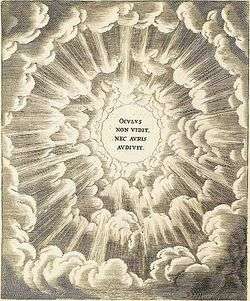
Hawkins / Transzendieren
Inhaltsverzeichnis: (verbergen)
|
Was immer man transzendieren (überwinden) möchte, muss man sich zu eigen machen und als existent anerkennen. Wer etwas Ungeliebtes unterdrückt, projiziert das nach außen, auf die Mitwelt und die Gesellschaft. Wer Verantwortung für das Unliebsame übernimmt, ermöglicht es, sich weiterzuentwickeln.
Wenn eine Lebenskrise auftaucht, ist die Gelegenheit für wirkliches Wachstum gegeben. Die Zeit davor ist die Vorbereitung. In der Krisenzeit ist man gefordert, die gelernten Prinzipien anzuwenden. |
Hochschwingende Helferwesen (über BW 600) agieren als Hebammen beim Überschreiten von Schwellen.
Personal avowals
Revenging, resenting, self-pitying, making oneself and others wrong
Alternative source: Along the Path to Enlightenment. 365 Reflections from David R. Hawkins, S. 24, Reflection of February 12th, January 2011
Empfehlung
Die vier Stadien, die generell beim Geburtsprozess durchlaufen werden, nennt Grof perinatale Matrizen.
Über den Ansatz der transpersonalen Psychologie
Über den Ansatz der transpersonalen Psychologie
Archivfilm Wie man sein Gehirn optimal nutzt, 2008, 2:05:20 Minuten Dauer, archiviert 13. November 2018

|
Personal avowal
Recommendation
Conclusion
Insight
|
|
| Source: ► Leslie Temple Thurston, South African American consciousness shifter, spiritual teacher, Brad Laughlin, Returning to Oneness. The Seven Keys of Ascension, CoreLight Publications, September 2002 | ||||
| See also: ► Trust | ||||
|
Englische Werke
Links zum Thema Transzendenz und Ebenenwechsel / Transcending and level leapingLiteratur
Literature (engl.)
Externe Weblinks
Einteiliges integrales Modell über Stufen und deren Grenzen
Zwölf Bewusstseinsstufen und ihre Holongrenzen
External web links (engl.)
Audio and video links (engl.) |
Wiki-Ebene